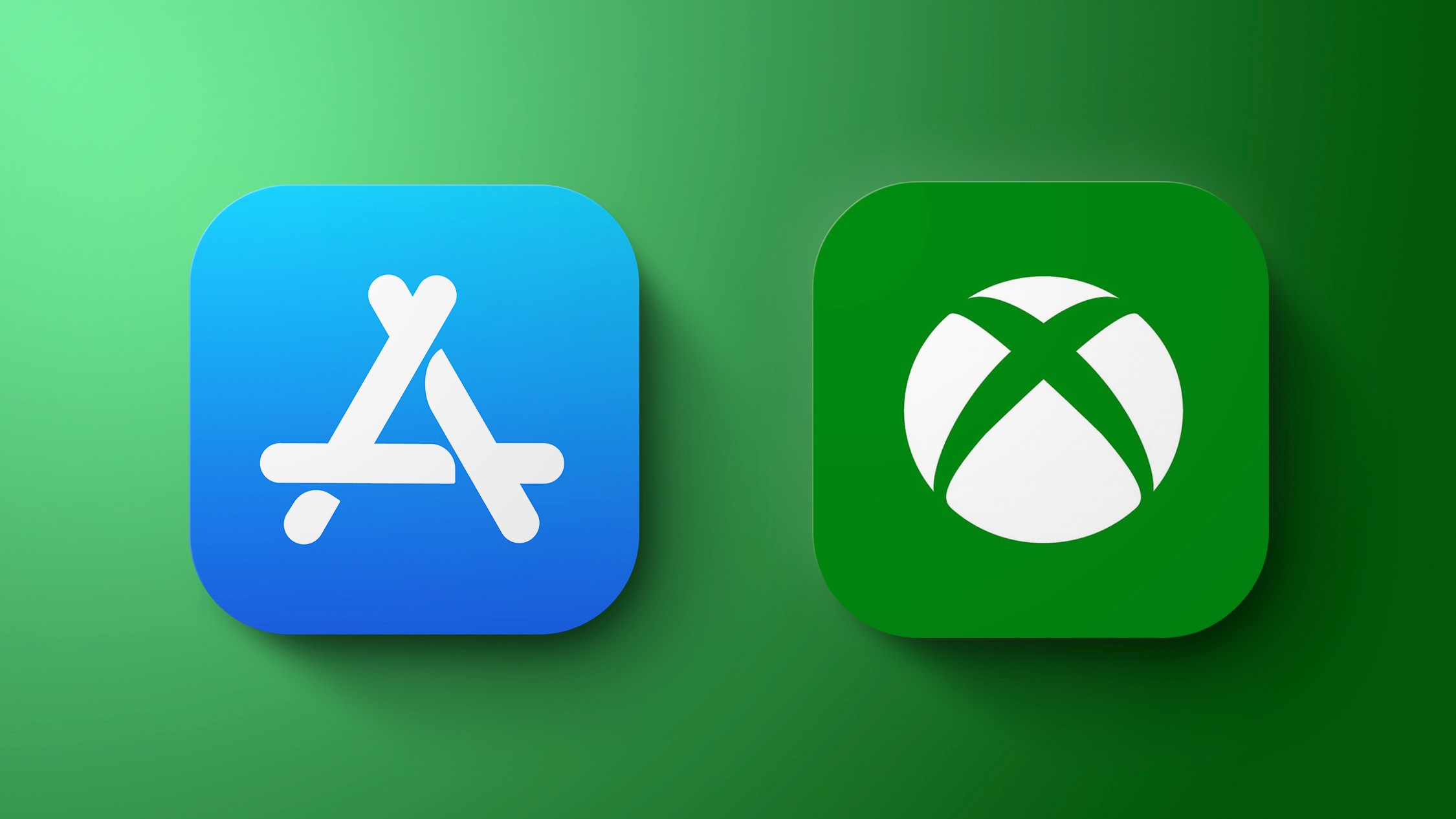
In a recent development, Microsoft has voiced its concerns about Apple's App Store policies, stating that they make it "impossible" for cloud gaming services to thrive on iOS devices. This revelation comes as part of Microsoft's response to the UK Competition and Markets Authority's investigation into mobile browsers and cloud gaming.
The Core Issue
According to Microsoft, while Apple technically allows cloud gaming apps on its App Store, the rules surrounding these apps are still too restrictive. The tech giant points out several obstacles:
Subscription and feature availability: Apple requires all subscriptions and features to be available through in-app purchases on iOS devices, which Microsoft deems unfeasible for cloud gaming services.
Commission fees: Apple's 30% commission on in-app purchases is described by Microsoft as "neither economically sustainable nor justifiable" for cloud gaming services.
Content restrictions: Apple's guidelines prevent offering different content, subscriptions, or features to iOS users compared to other platforms.
Limited web app capabilities: Microsoft also highlighted the limitations of web apps on iOS, including restricted access to device hardware features.
The Broader Context
This issue is part of a larger debate about the control Apple exerts over its App Store ecosystem. While Apple maintains that it "supports and encourages" cloud gaming services on iOS, the reality seems more complex.
The situation has caught the attention of regulators, with the UK's Competition and Markets Authority investigating whether Apple and Google's dominance in mobile ecosystems hinders competition.
The User Experience
For gamers, the lack of a dedicated Xbox Cloud Gaming app on iOS results in a suboptimal experience. Currently, iPhone users must access the service through a web browser, which many find cumbersome compared to a native app.
Looking Ahead
As the investigation continues, it remains to be seen whether Apple will adjust its policies to accommodate cloud gaming services more effectively. The outcome could have significant implications for the future of mobile gaming and the broader app ecosystem on iOS devices.